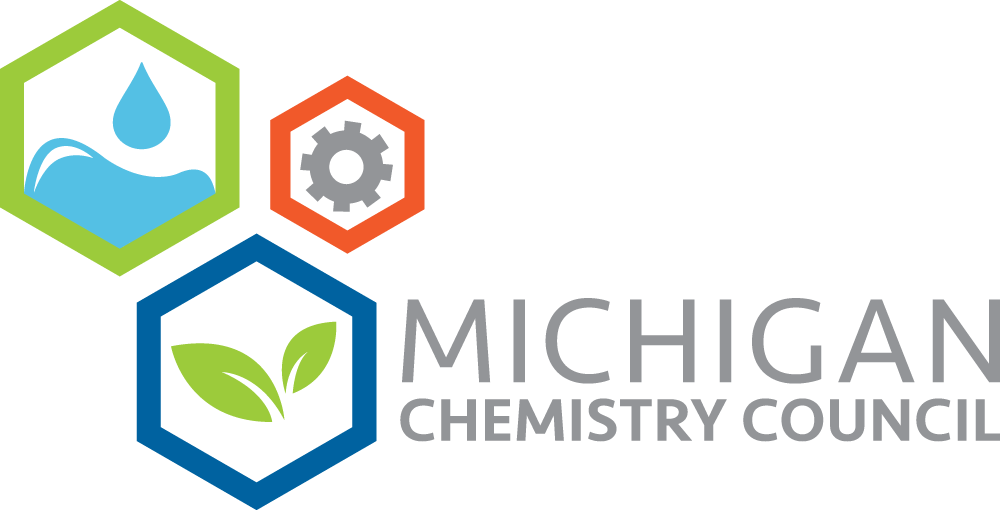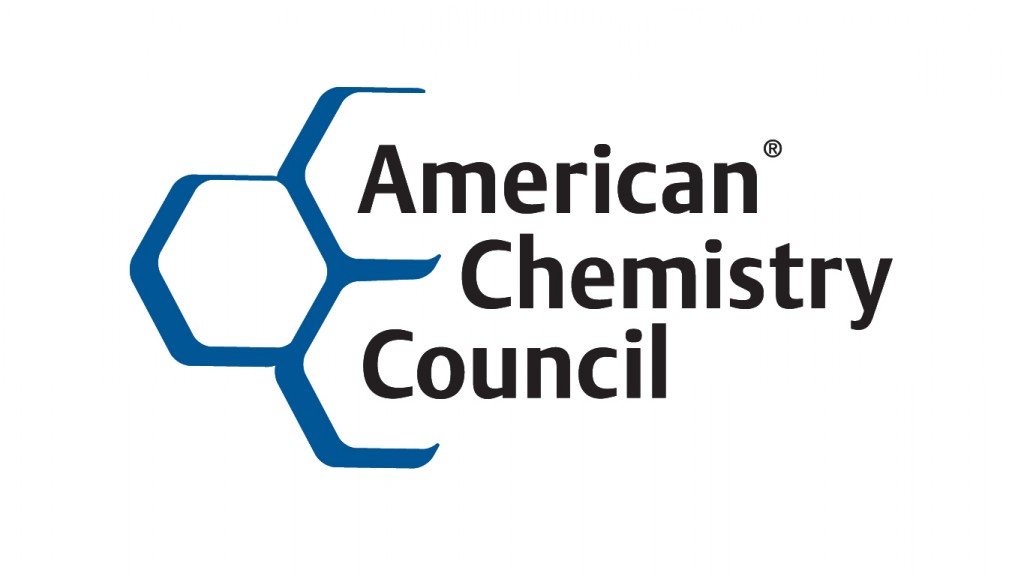Governor’s Budget Proposes Huge Gas Tax Hike; New CTE Programs; Water Infrastructure and PFAS Response/Research
On Tuesday, March 5th, Governor Gretchen Whitmer presented her FY 2020 Executive Budget proposal to the Legislature, officially beginning the most significant season for state government. While the FY2020 fiscal year doesn’t officially begin until October 1st, in recent years state leaders have tried to finalize state budgets by early June. Still, this year’s budget negotiations are likely to be more prolonged given a new Governor and the partisan split in state government.
Please click here for a website with the complete budget materials.
The provisions of most significant interest include:
- Increased fuel taxes and roads funding ($2.5 billion in annual revenue)
- The new “Fixing Michigan Roads Fund” would be paid for by a 45-cent increase in the state’s gas and diesel taxes, which would come in three 15-cent increments over the next 18 months.
- The funds would go through a new distribution formula that prioritizes heavily-traveled interstates and principal arterials, as opposed to the current PA 51 formula that provides disproportionate funding to rural roads.
- A portion of the new fuel tax revenue would also replace several hundred million of current obligations from the state’s general fund, which would free up those revenues for other budget expenditures.
- This increase would nearly triple the state’s fuel taxes to the highest rate in the nation, but would allow the state to maintain an estimated 90% of roads in “good” or “fair” condition by 2029
- Targeted tax relief for certain residents ($355 million + $114 million in reduced annual revenue)
- The budget proposes to 1) double the state’s Earned Income Tax Credit (EITC), and 2) to reinstate an exemption on public pension income as targeted relief for low-income and senior households, respectively
- A tax increase on “pass-through” businesses ($280 million in annual revenue)
- The budget proposes to require pass-through taxpaying entities - like partnerships, LLCs, and S-corporations - to pay the 6-percent corporate income tax rate, rather than the 4.25 percent individual income tax rate.
- Increase in K-12 school funding, with special weighted funding grants ($507 million)
- The budget proposes an overall increase for statewide K-12 funding, including new funding for high-need students. This includes a boost in career and technical education (CTE) programs of $487 per student, or a $50 million increase statewide.
- Development of new Michigan Reconnect Program for Non-traditional Students ($110 million)
- The budget proposes a new Michigan Reconnect Program to support non-traditional students over the age of 25 to seek certificate or degree programs at community colleges and technical centers
- Of note, $60 million of funding for this program would come from the early elimination of the Marshall Plan for Talent program and repurposing of these unspent funds
Environmental Policy Budget Provisions
- Funding for MDEQ to support clean drinking water efforts ($120 million in one-time funding), including:
- Support of municipalities’ implementation of new Michigan Lead and Copper Rule ($37.5 million)
- Treatment of PFAS and Emerging Contaminants ($30 million)
- Abate, cleanup, and support utility investment in technology
- Research and solution development
- Research treatment development of emerging contaminants (e.g., short chain PFAS)
- Analytical technique development
- Health risk studies to establish drinking water standard
- Forgiveness of Drinking Water Revolving Fund (DWRF) Loans ($40 million)
- Research and Implementation of Drinking Water Affordability and Planning ($7.5 million)
- Water Research and Innovation, including corrosion control, water system optimization, and water system data analysis ($5 million)
- The Governor’s budget also maintains the dedicated Renewing Michigan’s Environment funding passed last December that provides for environmental cleanups and PFAS response, solid waste management, and recycling (total of $69 million)
- The Governor’s budget also proposes to eliminate the current statutory sunsets on environmental fees (such as the solid waste fee, Title V air fee, and hazardous waste user charges), and allow them to be adjusted for inflation in the future.
- Funding for MDHHS to respond to environmental and public health hazards (PFAS), including laboratory capacities for public water and food testing ($13.9 million)
- Funding for MDNR to develop a new inventory of hazardous liquid pipelines and water crossings in the state ($1.4 million)
- Funding for the Attorney General to provide legal support for MDEQ PFAS investigation and enforcement ($700,000)
The individual Appropriations Subcommittees will now begin holding hearings on specific department budgets, including DEQ.

